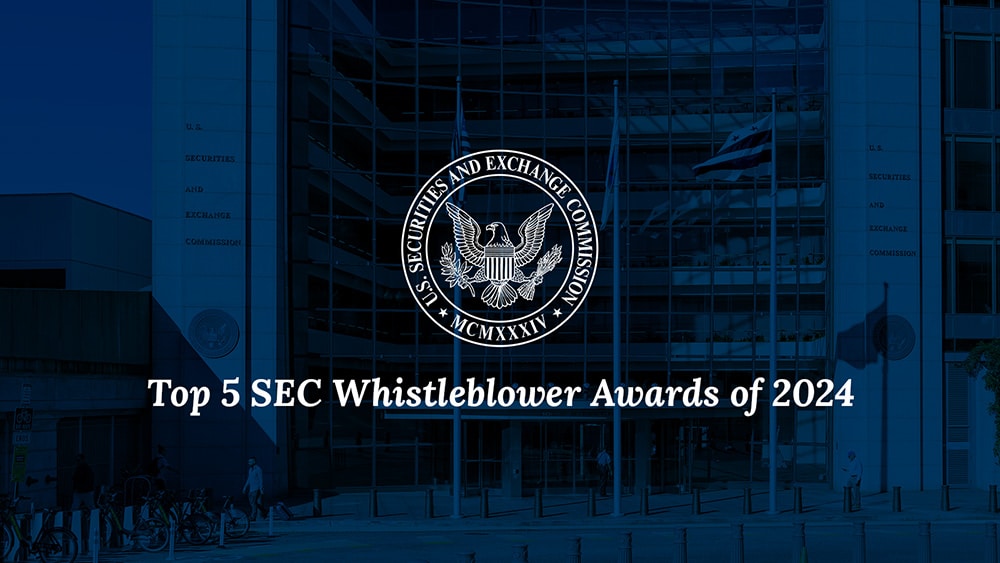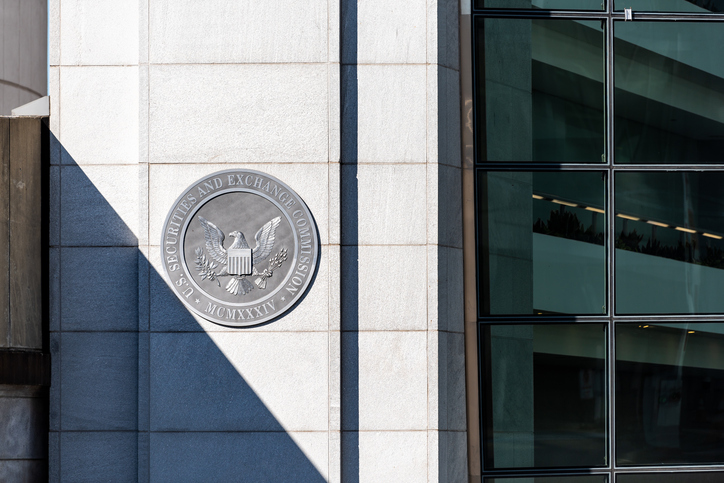May 14, 2025

This information is provided for educational purposes only by Kohn, Kohn & Colapinto and does not constitute legal advice. No attorney-client relationship is created by accessing this content. Laws and regulations may change, and this material may not reflect the most current legal developments. If you believe you have a whistleblower claim, consult a qualified attorney to discuss your specific circumstances.
A pyramid scheme is a business model that operates as a scam, where members are promised big profits for recruiting new members. These schemes usually focus on the selling of a product or service. However, these are not the real focus of the scheme. The underlying focus comes from recruitment – all new members must pay recruitment fees to join. Recruitment fees are collected by people at the top of the pyramid. Money is made by everyone that they recruit below them until there is no longer anybody else to recruit. This is when the pyramid scheme collapses, and most people will decide to cut their losses.
Here are a few key things to remember about pyramid schemes:
- They focus on recruitment, not sales. If the business opportunity seems to be more about getting you to sign other people up than selling a product, it’s a red flag.
- They promise unrealistic returns. If it sounds too good to be true, it is. Pyramid schemes lure people in with promises of getting rich quickly.
- Overpriced products or of low quality. Since the money comes from recruitment, the product itself is not that important.
Pyramid schemes are illegal as they prey on people’s hopes of making easy money, which can cause significant financial harm. Those who have information about a pyramid scheme may be eligible for a reward under various whistleblower programs, including the SEC and CFTC. Continue reading to learn more about pyrmaid schemes and your rights to rewards and protections for coming forward as a whistleblower.
Examples of Pyramid Schemes
Pyramid schemes can reach massive scales, causing significant financial harm before they collapse. Here are a couple of examples:
BurnLounge
BurnLounge presented themselves as a multi-level marketing (MLM) company where participants could sell digital music through their online store. However, the real money was not made from music sales. Instead, BurnLounge pushed participants to buy expensive memberships (becoming “moguls”) and focus on recruiting others into the program. BurnLounge lost the lawsuit against the FTC in 2012, and the appeal in 2014. The FTC later returned $1.9 million to people who lost money in the scheme.
Bernard Madoff’s Ponzi Scheme
This one stands out as perhaps the biggest pyramid scheme ever. Madoff was not technically running a traditional pyramid scheme, but it functioned similarly. His investment firm, Madoff Investment Securities, was a massive Ponzi scheme disguised as a legitimate investment fund. For decades, Madoff paid impressive returns to investors with funds from new investors. The scheme unraveled in 2008, resulting in billions of dollars in losses.
Ponzi Scheme vs Pyramid Scheme vs Multi-Level Marketing (MLM)
Both Ponzi schemes and pyramid schemes are both illegal frauds that deceive people into investing money. However, there are some key differences:
In a Ponzi scheme, you invest money, and the organizer pays you back from fake investment profits, when they are paying you from funds from new investors. The organizer continues to make money until there are no longer any investors, at which point the scheme collapses.
In a Pyramid scheme, you make money by recruiting new people in the scheme, not actual sales of the products or services supporting the scheme. People at the top profit from the scheme, profiting from everyone they recruit below them, until there are no longer people to recruit.
In a Multi-level Marketing Scheme (MLM), the business model focuses more on products and services. It is important to note that not all multi-level marketing (MLM) companies are pyramid schemes. However, some MLMs can blur the lines. If an MLM opportunity seems to focus more on recruitment than on selling products, it is wise to proceed with caution.
Both the SEC and CFTC have a whistleblower program that rewards individuals who provide information about potential violations of securities or commodities laws, including pyramid schemes.
SEC and CFTC Whistleblower Programs
The SEC and CFTC deal with violations of securities and commodities law.
Pyramid schemes themselves do not typically involve securities like stocks or bonds, nor commodities. However, if a pyramid scheme is masqueraded as an investment opportunity promising high returns, it may point to securities or commodities fraud.
If you are an insider of a pyramid scheme that is promising high returns, and would like to blow the whistle, you may be eligible for rewards between 10% and 30% of the money collected in a successful enforcement action, as well as protection against retaliation.
Before you blow the whistle, here is what you will need to know first:
- $1 Million or more. To receive a whistleblower reward, your information must lead to sanctions of $1 million or more.
- Individuals only. Any individual or group of individuals, employee or not, can blow the whistle on a pyramid scheme. Companies and organizations cannot blow the whistle.
- Original Information. The information provided must be original. Meaning, it must not be information already know the SEC or CFTC.
- Voluntary Submission. The tip submitted must be voluntary, submitted before the SEC has already begun an investigation.
Other things to consider:
- Anonymity. The SEC and CFTC program allow whistleblowers to report anonymously, although it is recommended that you consult with an attorney due to the complexity of reporting.
- Protections. The SEC and CFTC program offers protection against retaliation. This is critical for those who fear the negative consequences of engaging in a protected activity.
Even if you do not necessarily qualify for an award, reporting potential securities violations to the SEC can be a valuable service in helping to protect investors. And although they do not offer rewards or protections, reporting a suspected pyramid scheme to the FTC or your state Attorney General can still help shut down the scheme and protect others from getting scammed.
Seeking Legal Assistance
We’ve been representing whistleblowers in high-level securities fraud cases since our firm’s inception in 1988. If you know of a pyramid scheme and would like to report it to the SEC or CFTC, contact our whistleblower law firm today for a free and confidential case evaluation.
Our Firm’s Cases
Relevant FAQs
Latest News & Insights
December 3, 2024
November 22, 2024





